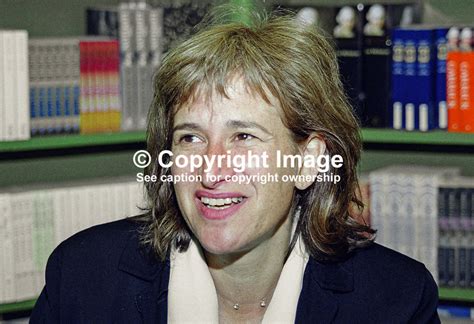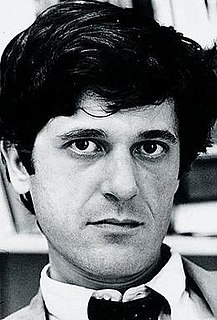A Quote by Melissa Bank
'Olive Kitteridge' is a masterpiece: The writing is so perfect you don't even notice it; the story is so vivid it's less like reading a story than experiencing it firsthand.
Related Quotes
You're supposed to be writing from experience - experience with people, with reading, seeing some homeless guy on the street and making up some story of him in your head. If you never see any of that or have those conversations or even sleep enough to have vivid dreams, then what are you writing about?
Two kinds of reading can be distinguished. I call them reading like a reader and reading like a writer ... when you read like a reader, you identify with the characters in the story. The story is what you learn about. When you read like a writer, you identify with the author and learn about writing.
The Work always leaves you with less of a story.
Who would you be without your story?
You never know until you inquire.
There is no story that is you or that leads to you.
Every story leads away from you.
Turn it around; undo it.
You are what exists before all stories.
You are what remains when the story is understood.
To travel only a few blocks in his own homeland, an elderly grandfather waits to beg for the whim of a teenage soldier. More than an emergency is required to get to a hospital; less than a crime earns a trip to jail.
Continue reading the main story
Advertisement
Continue reading the main story
The lucky ones have a permit to leave their squalor to work in the cities, but luck runs out when security closes all checkpoints, paralyzing an entire people. The indignities, dependence and anger are all too familiar.
Translation is harder, believe it or not. You do have to come up with a story, and actually I'm mystified by that process. I don't exactly know how the story just comes, but it does. But in writing a story that you're inventing, versus writing a story that somebody else has made up - there's a world of difference. In translation you have to get it right, you have to be precise in what you're doing.
Sometimes language gets in the way of the story's feelings. The reader finds himself experiencing the language of the story rather than the story. The words sit there on the page like coins, with their own opacity, as though they're there for their own sake. "A man goes into a phone booth, stirring coins in his palm." "Stirring" is such an obviously selected word. You can feel the writer looking for the word as he sat at the typewriter.


































